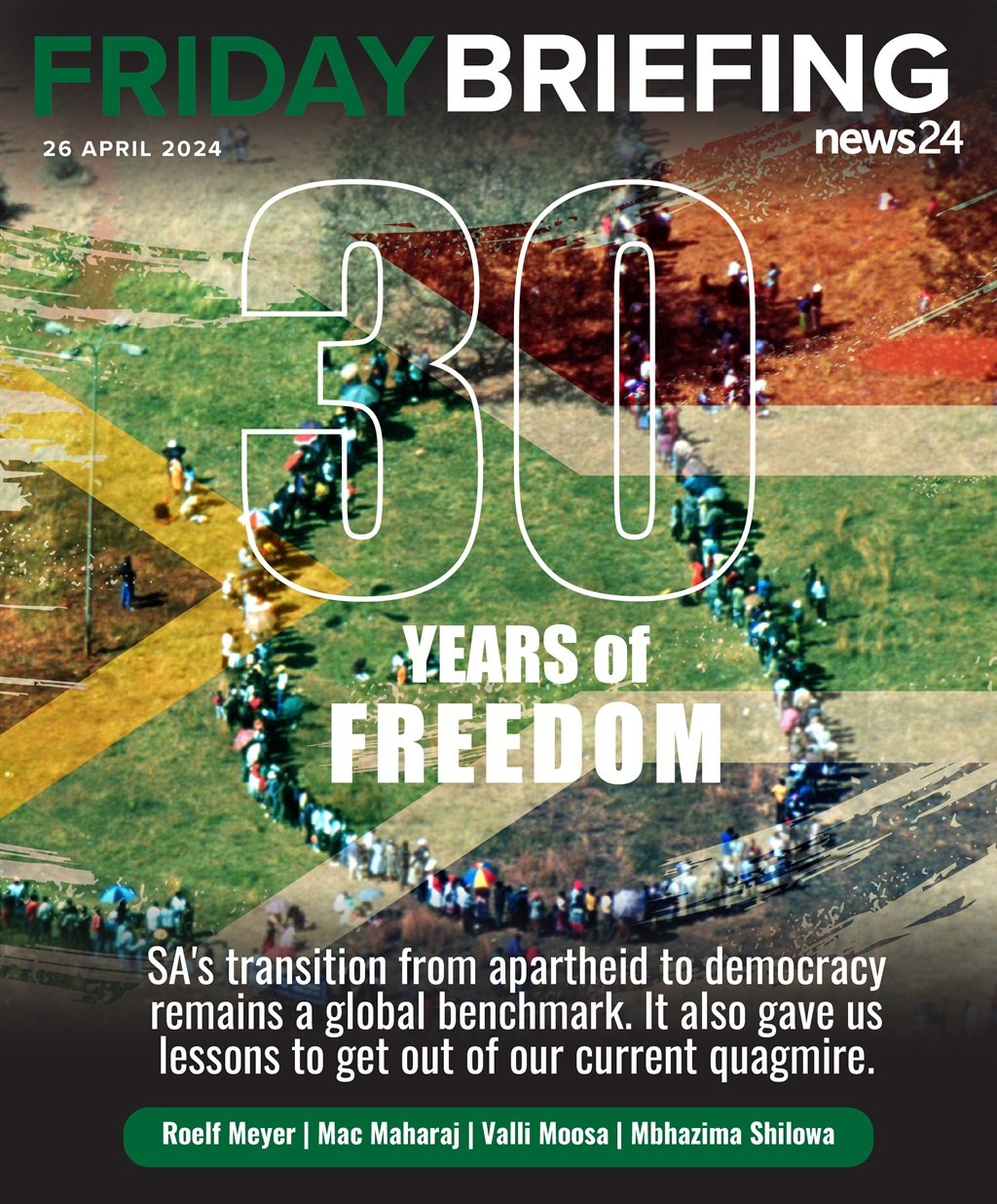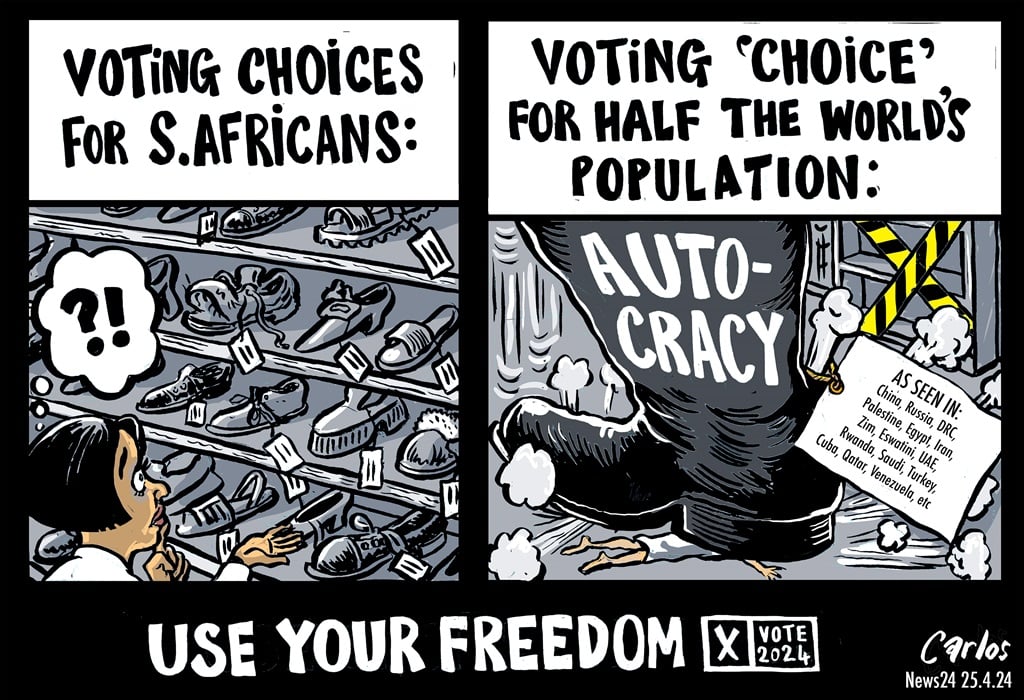
30 years of freedom: A reflection on three decades of democracy
While the 27 April 1994, when citizens of all races and creeds could vote, marked the birth of democracy in South Africa, the journey to get to that point started many years before.
No one was expecting it when it happened. Instead, everyone was under the impression that FW de Klerk, who had been president of the apartheid regime for barely five months, would only deliver his annual address to the legislature in February 1990. But with history turning the corner in other parts of the world, with the fall of the Berlin Wall, De Klerk decided to take the initiative and announce the unbanning of the ANC, the Pan Africanist Congress, the South African Communist Party and several other organisations.
Nine days later, ANC leader Nelson Mandela would walk out of Victor Vester prison a free man, after spending 27 years in jail. Ahead of the fall of laws that legalised separation of the races and discrimination, such as the Group Areas Act, Population Registration Act, and Native Land and Trust Act, a handful of previously white schools around the country would open their doors to black children.
The high school I attended was one such school. It was situated in the Afrikaner enclave of Potchefstroom, in what was then the Northern Transvaal.
In the lead-up to the 1992 referendum, in which white voters could indicate whether they were “for” or “against” the negotiated Constitution, Potchefstroom was awash with stickers on people’s cars, calling on everyone to vote “no”, giving the impression that whatever change was in the air following Mandela’s release would soon be squashed. This was only heightened by the assassination of SACP leader Chris Hani on 10 April 1993. Negotiations to end apartheid were already fraught. Just nine days before Hani’s death the Multi-Party Negotiating Forum (MPNF) met for the first time, following the collapse of Codesa 1 and 2. The country was primed for a civil war.
Nelson Mandela would play a crucial role in calming the masses.
In a televised address, Mandela said it was “the time for all South Africans to stand together against those who, from any quarter, wish to destroy what Chris Hani gave his life for – the freedom of all of us”.
Despite the previous challenges and obstacles, negotiations culminated in the passage of a new interim Constitution in 1993, a precursor to the 1996 Constitution and then to South Africa’s first democratic elections in 1994.
This week, Friday Briefing critically reflects on South Africa’s progress and challenges over three decades of democracy.
News24’s Muhammad Hussain examines 30 milestones throughout South Africa’s democratic journey.
We also have a submission from former chief negotiator of the then National Party, Roelf Meyer, who considers lessons learnt in the lead-up to the 1994 elections that could shed light on dealing with some of the crises the country finds itself in now.
Hussain also sat down with Mac Maharaj, a key ANC negotiator during the democratic transition. He reflects on the amnesty quandary and his concerns post the 2024 elections.
We also have a submission from the former head of administration at the MPNP, Theuns Eloff. He considers lessons learnt from the 1992 Codesa deadlock that could prove useful in the formation of coalition governments post the upcoming election.
Valli Moosa was one of the architects of the Constitution. He writes that the Constitution remains South Africa’s stable centre because it genuinely captures the nation’s hope and aspirations. It is both of the people and for the people.
Finally, former secretary-general of the trade union federation Cosatu, and also one of the negotiators at Codesa, Mbhazima Shilowa, details why the negotiated outcome is as much the result of Codesa as it was of the masses taking to the streets demanding to be heard.
You will find all these submissions in the link below.
We hope this week’s edition gives insight into our country’s pivotal moment, which has led to many achievements and milestones but has also resulted in obstacles and challenges. South Africa’s journey to a true democracy is far from over.
Best,
Vanessa Banton
Opinions editor.
